What Is the Best Diet for Diabetes?
The case for plant-based eating to reduce the burden of diabetes has never been stronger. There are all sorts of different scoring systems to rate […]
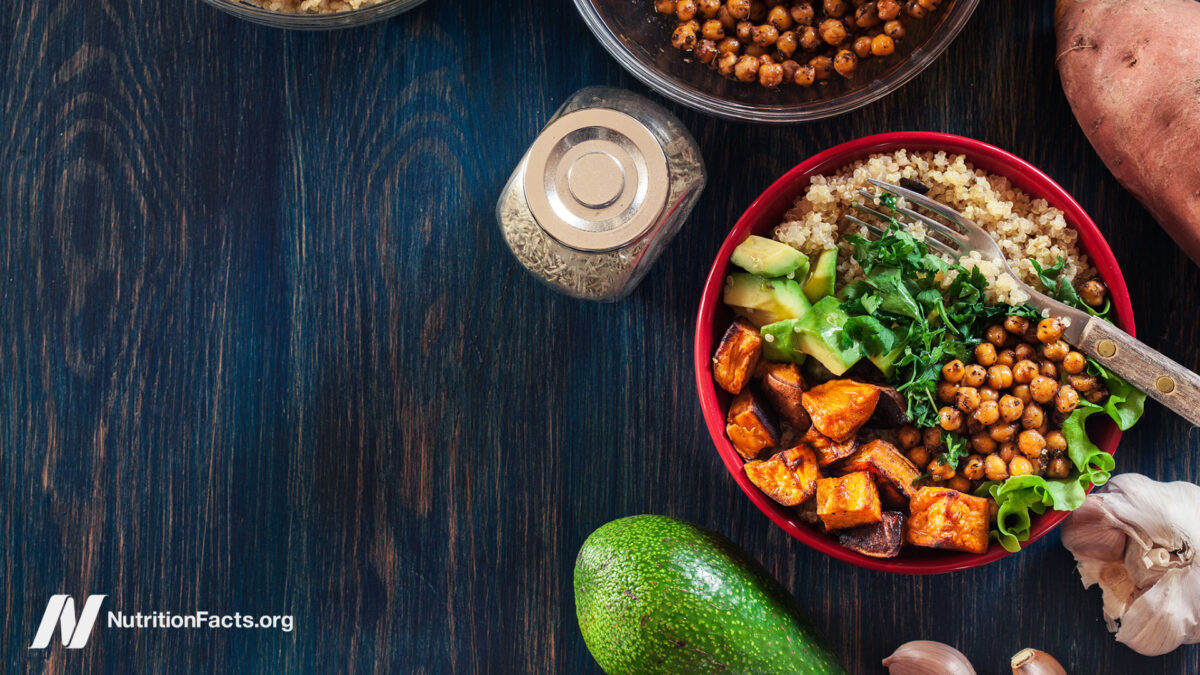
The case for plant-based eating to reduce the burden of diabetes has never been stronger.
There are all sorts of different scoring systems to rate diet quality. My favorite, for its simplicity, is the dietary phytochemical index—a fancy name for a simple concept. It’s just the percentage of your calories from whole plant foods, from 0 to 100. (See Calculate Your Healthy Eating Score.) The average American diet has a score of 12—out of 100. So, on a scale of one to ten, our diet is a one.
When people are split up based on how they score, researchers find that the higher the score, the better the metabolic markers when it comes to diabetes risk. As I discuss in my video The Best Diet for Diabetes, there appears to be a stepwise drop in insulin resistance and insulin-producing beta-cell dysfunction as you eat more and more plant-based. Researchers reported the highest group was only scoring about 30 (out of 100). Less than a third of their diet was whole plant foods. Not great, but better than the lowest group, whose score was down around the level of the standard American diet, as you can see below and at 0:49 in my video.
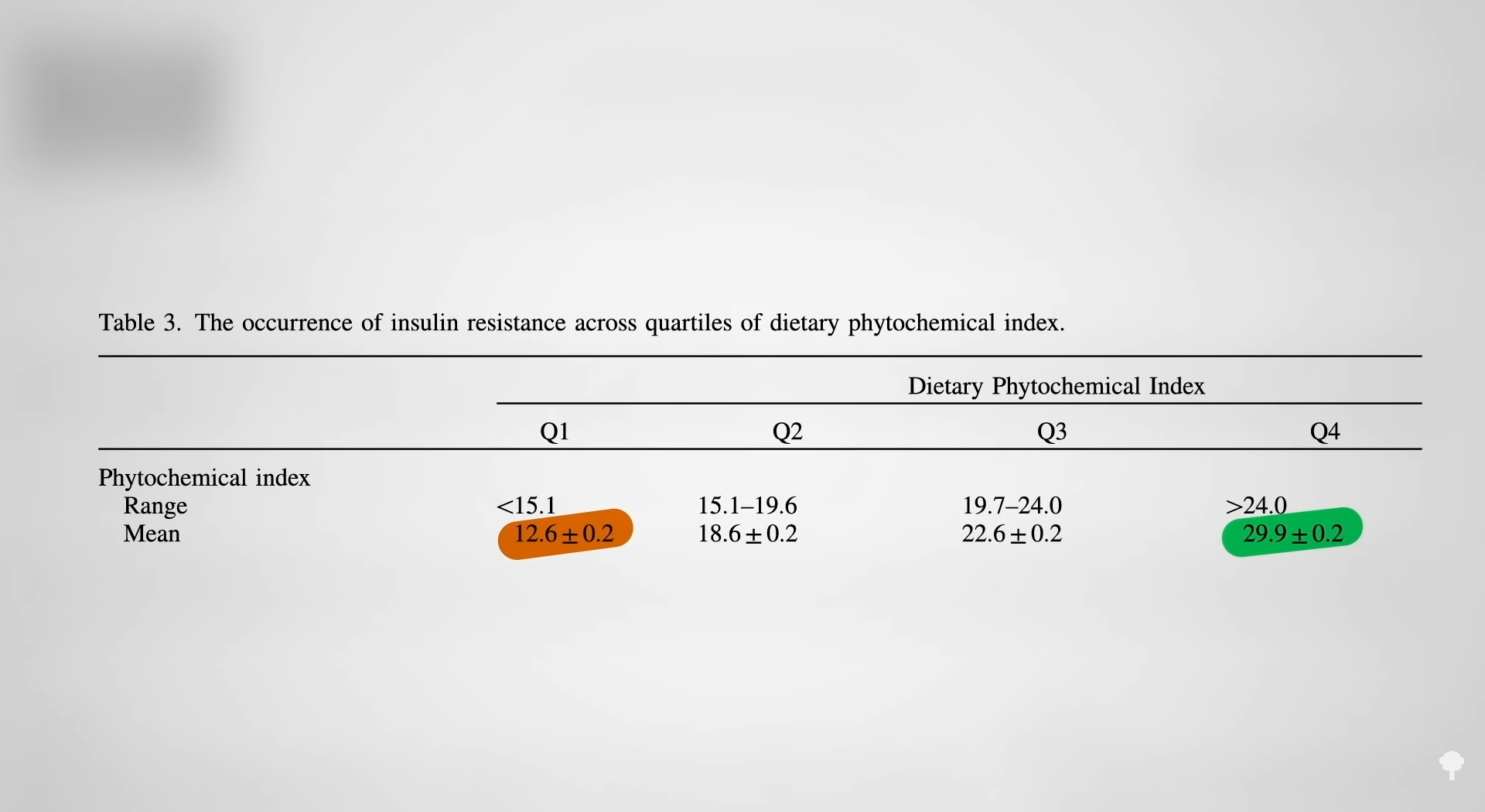
No wonder diets centered around plants, “eating patterns that emphasize legumes [beans, split peas, chickpeas, and lentils], whole grains, vegetables, fruits, nuts, and seeds and discourage most or all animal products…are especially potent in preventing type 2 diabetes and have been associated with much lower rates of obesity, hypertension, hyperlipidemia, cardiovascular mortality, and cancer”—and not just preventing type 2 diabetes, but treating it as well. A systematic review and meta-analysis found that the consumption of vegetarian diets is associated with improved blood sugar control, but how much of an improvement?
One of the latest trials, a 12-week, randomized clinical trial done in Asia, studied the effect of a strictly plant-based diet centered around brown rice versus the conventional diabetic diet on blood sugar control of patients with type 2 diabetes. For the diabetic control diet, researchers set up food exchanges and calculated specific calorie and portion controls, whereas on the plant-based diet, people could eat as much as they wanted, which is one of the benefits of that eating pattern: The emphasis is on food quality rather than quantity. Yet, the participants still lost more weight. Even after controlling for the greater abdominal fat loss in the plant-based group, they still won out. Of course, it only works if you actually do it, but those who pretty much stuck to the healthier diet dropped their A1c levels by 0.9 percent. That’s what you may get taking the leading diabetes drug, but, eating plant-based, they only got good side effects.
Would it work in an underserved population? Researchers studied the impact of a plant-based diet support program on mitigating type 2 diabetes in San Bernadino, the poorest city of its size in California. This was a randomized controlled trial, but not of a plant-based diet itself as the title suggests. It was a trial of an education program telling people about the benefits of a plant-based diet for diabetes, then it was up to them. Participants still got a significant improvement in blood sugar control. As you can see below and at 3:10 in my video The Best Diet for Diabetes, the numbers got a little better in the control group, but much better in the plant-based instruction and support group.
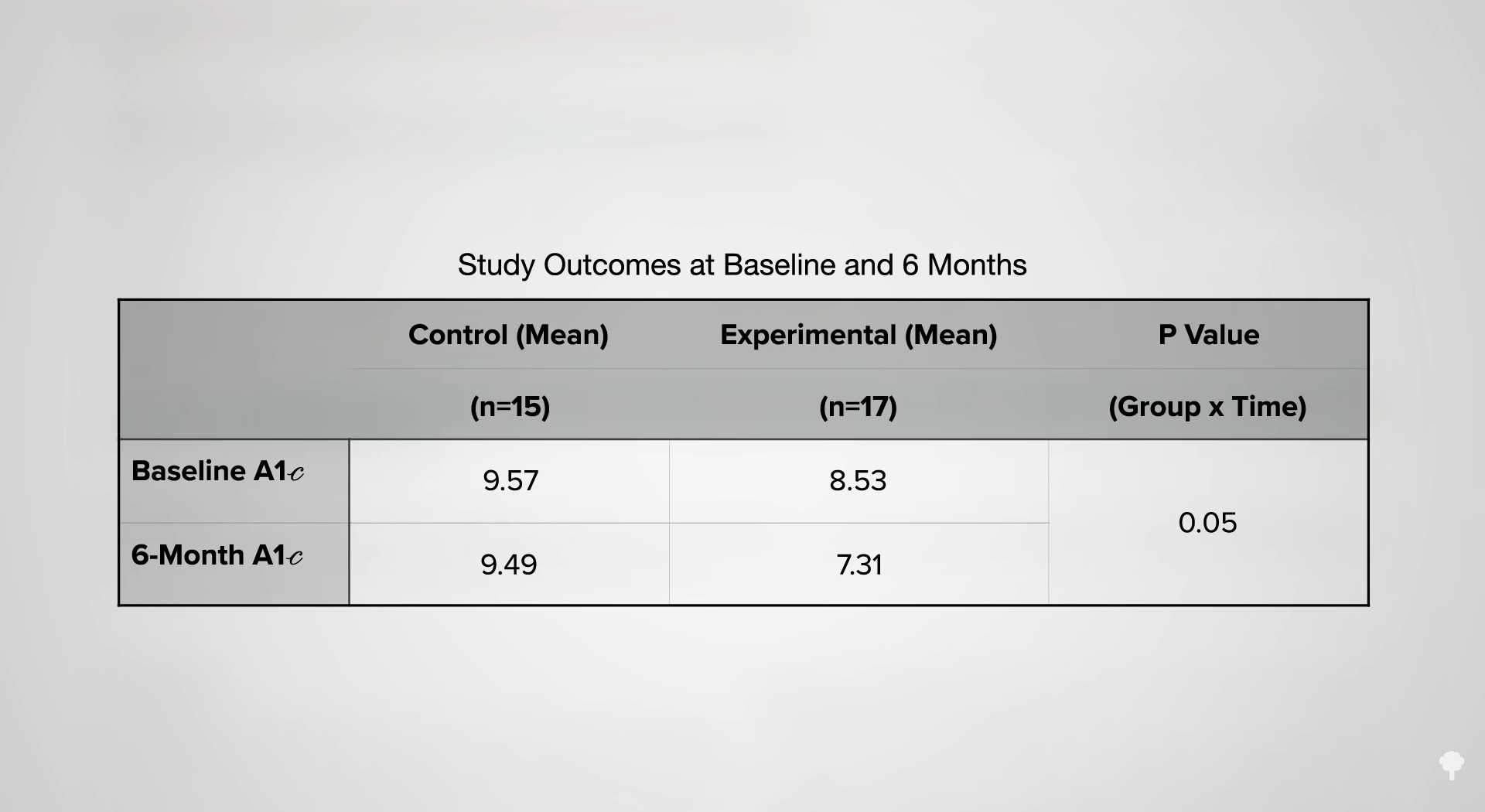
And, more plant-based diets are effective not just in the prevention and management of diabetes, but also its complications. One of the most devastating complications of diabetes is kidney failure. As you can see below and at 3:26 in my video, eight diabetics all showed a steady, inexorable decline in kidney function in the one or two years before switching their diets. They were on a fast track to complete kidney failure and dialysis. But, after they switched to a special supplemented vegan diet, their kidney decline was stopped in its tracks. Imagine if they had switched a year or two earlier!

Most diabetics don’t actually end up on dialysis, though, because they die first. “Cardiovascular disease is the major cause of premature mortality in the diabetic population,” which is why plant-based diets are perfect. “There is a general [scientific] consensus that the elements of a whole-foods plant-based diet—legumes, whole grains, fruits, vegetables, and nuts, with limited or no intake of processed foods and animal products—are highly beneficial for preventing and treating type 2 diabetes. Equally important, plant-based diets address the bigger picture for patients with diabetes by simultaneously treating cardiovascular disease, the leading cause of death in the United States, and its risk factors such as obesity, hypertension [high blood pressure], hyper-lipidemia, and inflammation,” and we can throw cancer in the mix, too, which is our number two killer. The bottom line is that “the case for using a plant-based diet to reduce the burden of diabetes and improve overall health has never been stronger.”
If all a plant-based diet could do is prevent and reverse heart disease, the number one killer of men and women, shouldn’t it be the default diet until proven otherwise? I’d say so, and the evidence for the benefits of a more plant-based diet continues to emerge for a variety of other life-threatening chronic diseases. For starters, see How Not to Die from Heart Disease.

 JaneWalter
JaneWalter 







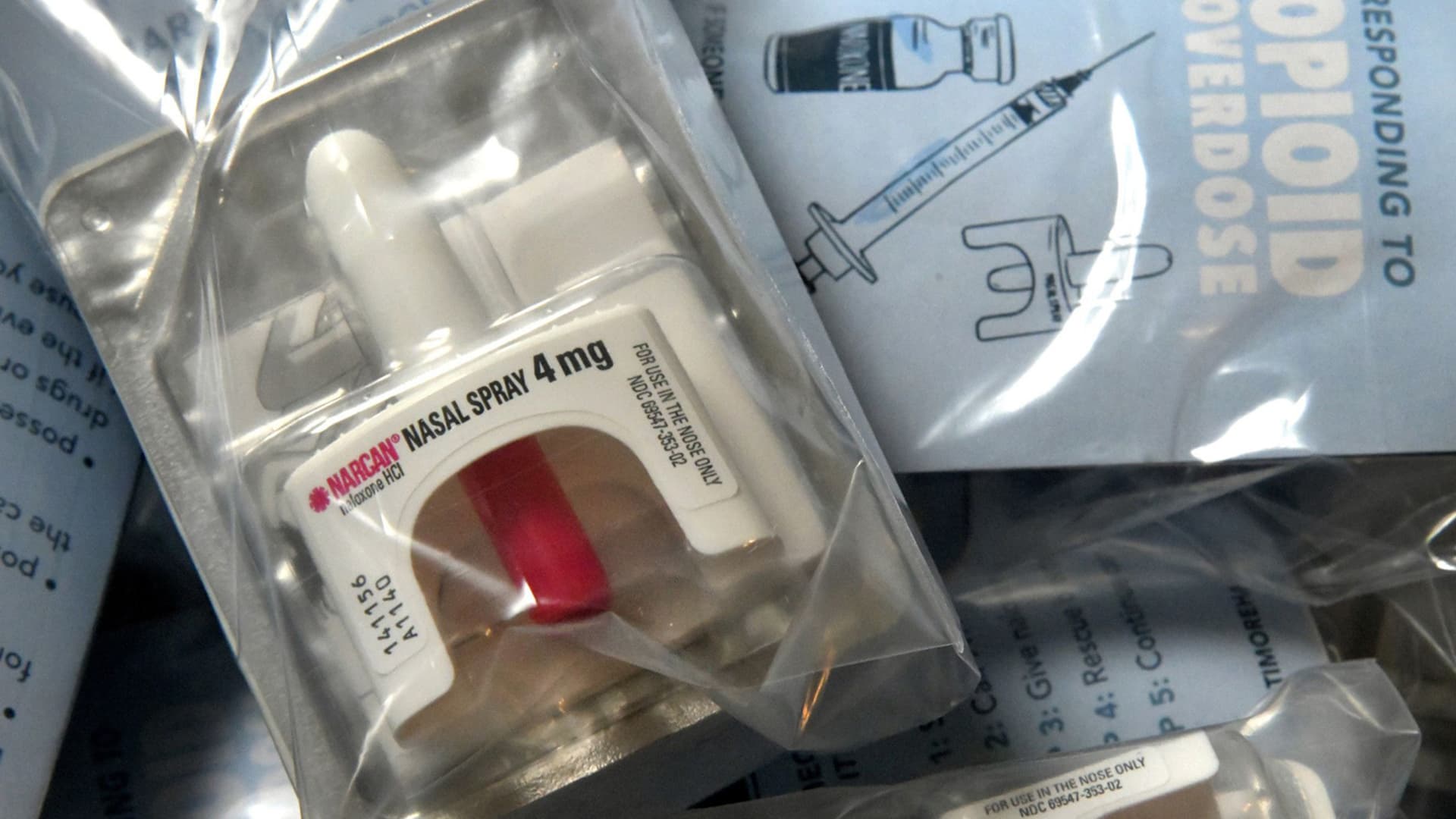
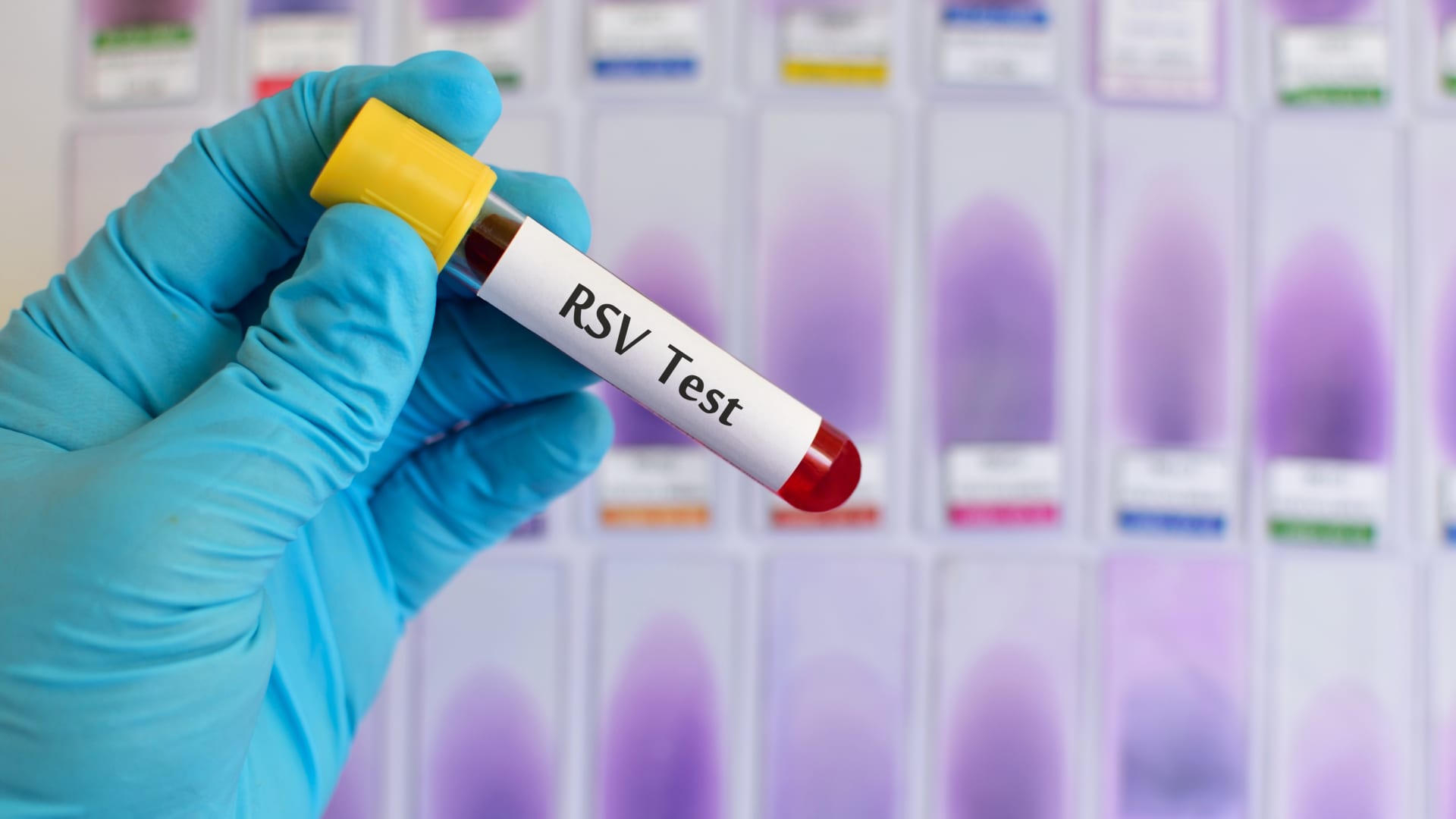

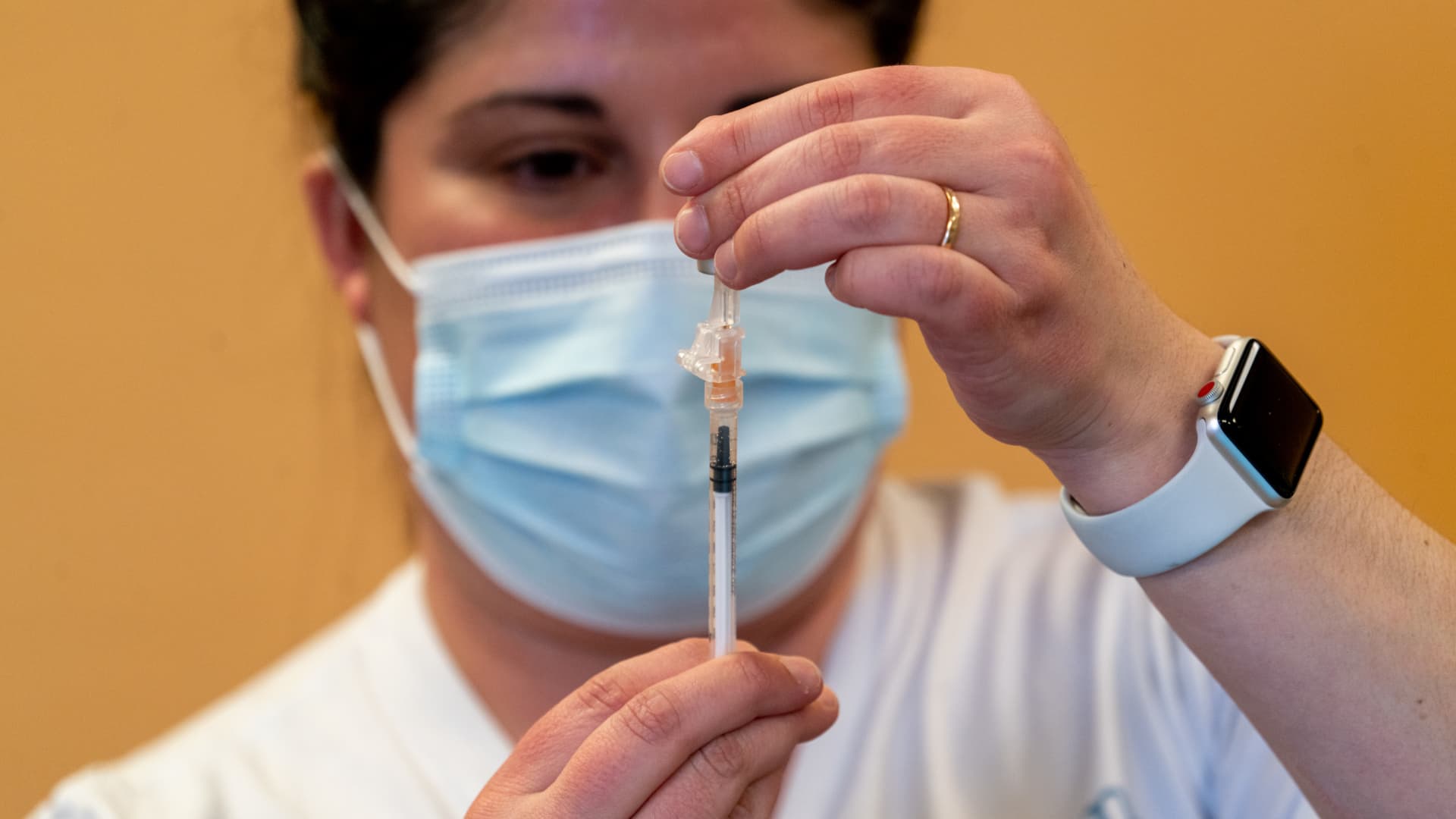
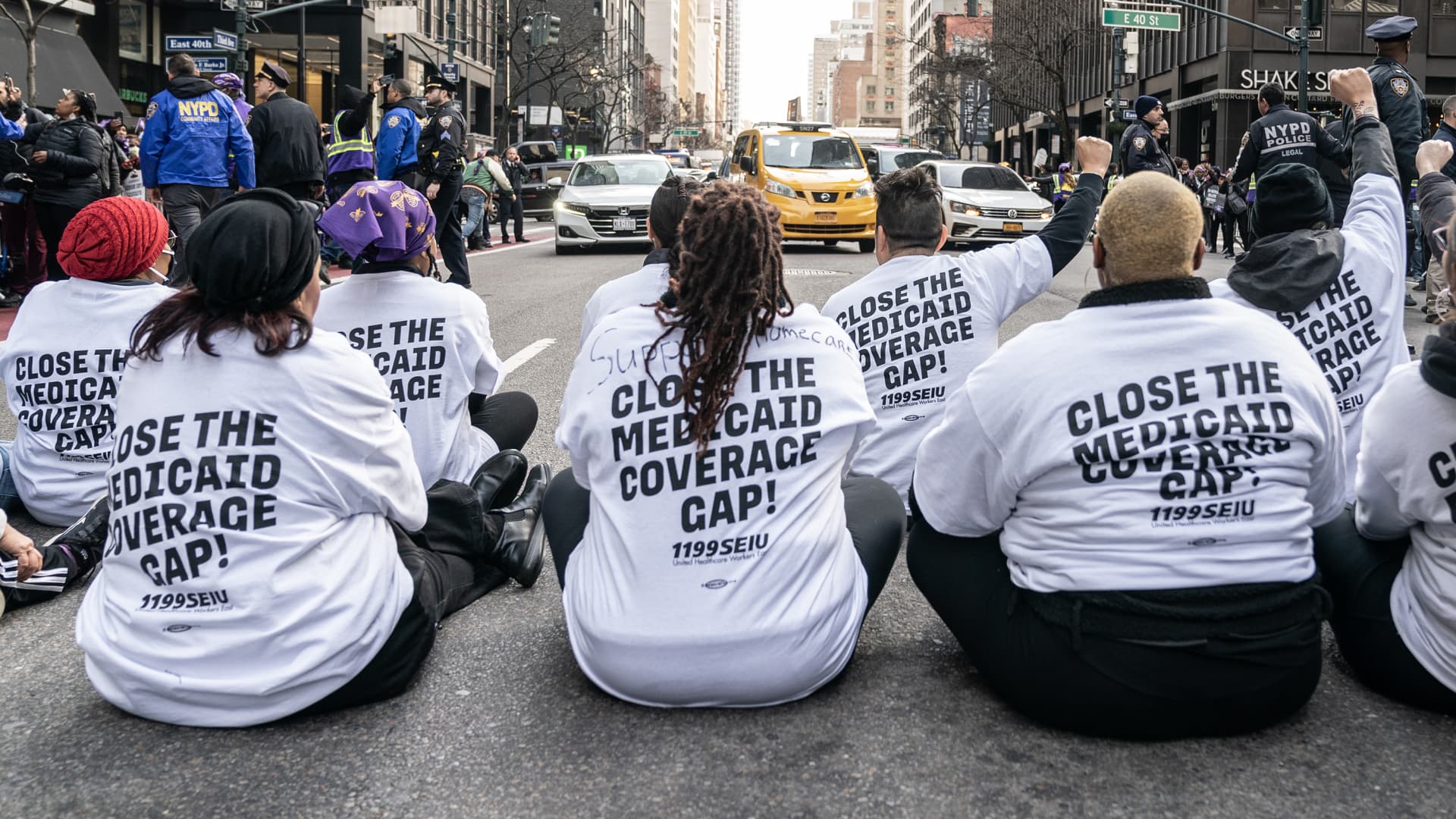







.jpg&h=630&w=1200&q=100&v=6e07dc5773&c=1)












